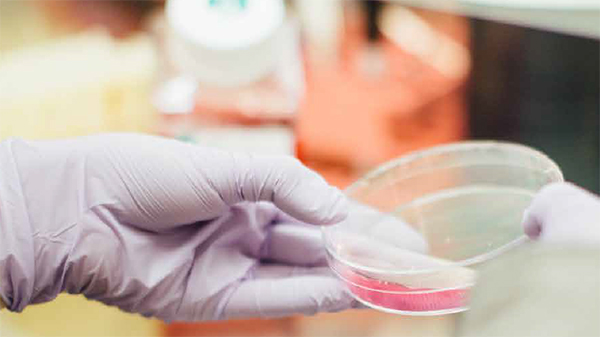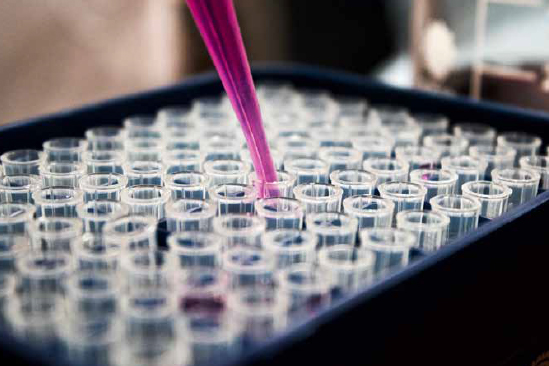Science
Translating scientific findings, novel medical devices, new diagnostics and therapies for infertility

Background
There is potential to shorten the time to healthy live birth, improve patient care and facilitate decision-making through the development of new technologies and services.
Merck KGaA, Darmstadt, Germany recognizes infertility as a disease and our mission is to maximise the probability of healthy live birth in the shortest time possible.
We believe there are FOUR key elements that make up the innovation process:
- Networking
- Collaboration
- Entrepreneurship
- IP management
The questions that arise are: What areas of research will produce the most interesting projects and how can we enable technologies? Merck KGaA, Darmstadt, Germany has identified certain areas of interest that the MIP is trying to address.

The Science
The MIP embraces relevant key enabling technologies, as listed below, to overcome clinical fertility restraint and make diagnostic and therapeutic procedures robust, rapid and precise.
The main objective is to translate scientific findings, novel medical devices, new diagnostics and therapies, with support from enabling technologies.
Key Areas of Interest 2024-2026
Merck KGaA, Darmstadt, Germany has identified priority unmet medical needs in fertility treatment and innovation. These include:
- Therapies to improve endometrial receptivity and implantation potential via intrauterine administration or other innovative methods
- Technologies and treatments to improve oocyte quality and quantity for patients with diminished ovarian reserve
- Medicinal products developed for other indications that could improve Medically Assisted Reproduction outcomes
- Novel biomarkers for various types and causes of infertility to enable precision medicine